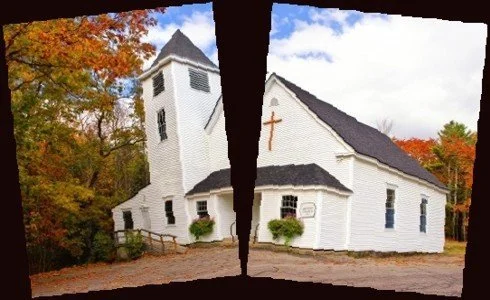In the Triumph of Orthodoxy service on the first Sunday of Great Lent, the clergy and faithful proclaim – with many shouting – bold statements of faith from the year 787, after decades of persecution.
"This is the Faith of the Apostles! This is the Faith of the Fathers! This is the Faith of the Orthodox! This is the Faith, which has established the Universe!"
These words were especially poignant during the March 9 rites at the Mariamite Cathedral of Damascus, amid reports that hundreds, maybe thousands, of Christians and members of the Muslim Alawite sect have been killed by Islamist militias in Syria.
The Antiochian Orthodox Patriarch John X addressed part of his sermon, by name, to the nation's interim president Ahmad al-Sharaa, the former ISIS and al-Qaeda militant who is also known as Abu Mohammad al-Julani.
"Mr. President, two days ago, I heard a sheikh, a friend of mine, publicly say that the Noble Prophet [Mohammad] instructed his followers that, 'If they go to war against a people, they must not harm the innocent, must not betray, must not mutilate, must not kill a woman or a child, and if they find a monk in his hermitage, they must not kill him,'" he said, in a translation by the ancient Antiochian patriarchate.
The patriarch added: "The tragic events unfolding in the Syrian coastal region have claimed the lives of many civilians and public security personnel, leaving numerous others wounded. However, the majority of the victims were not affiliated with any militant factions – rather, they were innocent, unarmed civilians, including women and children."
In a Reuters interview, al-Sharaa vowed to stop the violence, adding: "We won't accept that any blood be shed unjustly, or goes without punishment or accountability, even among those closest to us. … Many parties entered the Syrian coast, and many violations occurred" while combatants sought "revenge."
In the chaos, journalists have struggled to confirm statistics about fatalities, while waves of social-media videos claim to show crucified Christians, Alawites being beaten, militants firing machine guns into houses, women being paraded naked and bodies stacked near streets.










